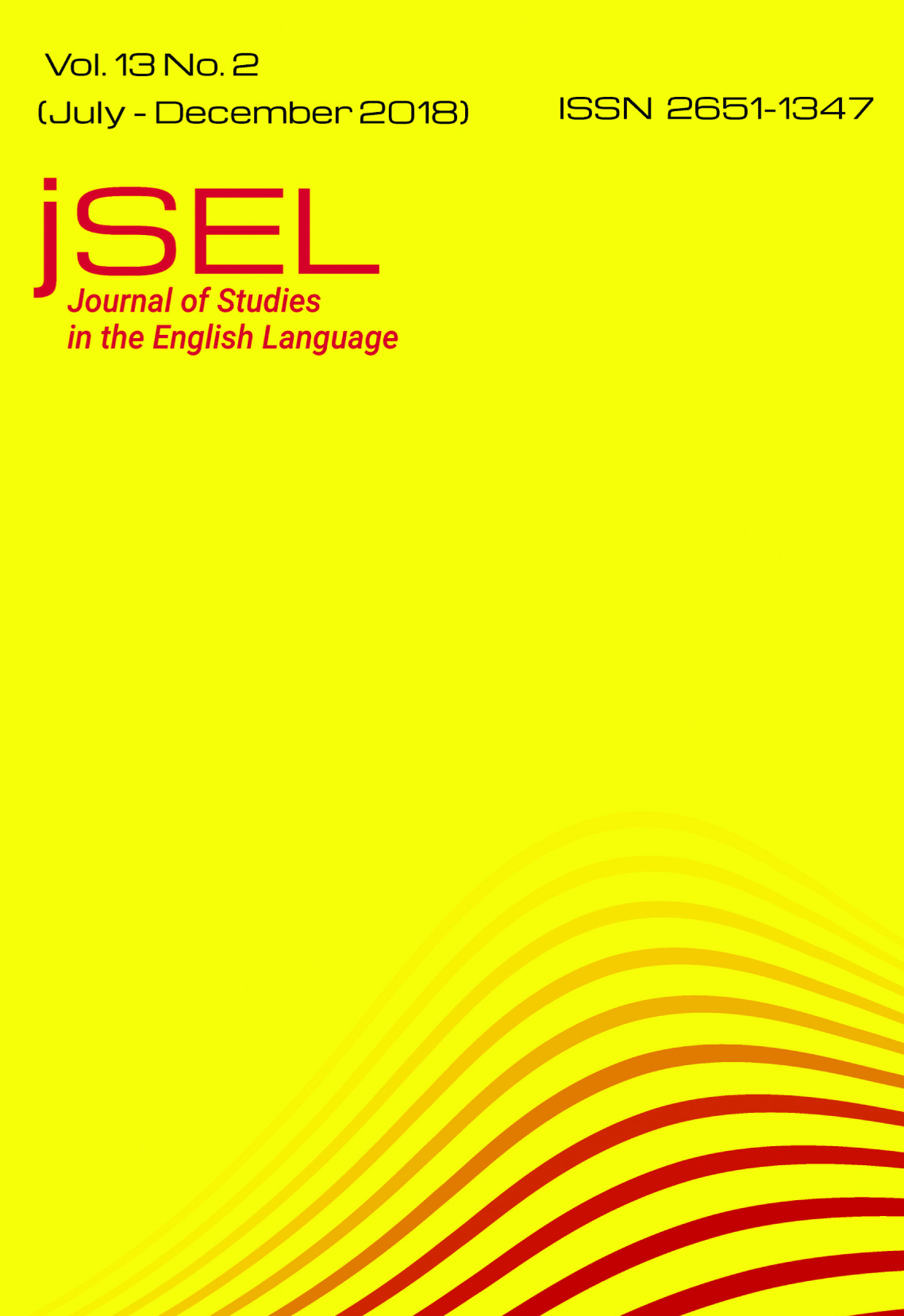Perceptions of Project-Based Learning on Promoting 21st Century Skills and Learning Motivation in a Thai EFL setting
Main Article Content
Abstract
With the impact of globalization and advanced digital technology, the ways students learn have changed remarkably through the decades. Therefore, the skills that students today should acquire from schools are not limited merely to the subject knowledge. Learners need to be equipped with the skills of the era commonly known as the 21st century skills. To address such need, this research project was conducted to implement Project-Based Learning (PBL) with a group of EFL learners at the Demonstration School of Prince of Songkla University. Two main purposes were to examine students’ levels of motivation to learn English through PBL and to investigate the learner’s perception of the impact of the PBL on improving their 21st century skills, namely, collaboration and communication. Findings from the survey suggested that PBL is perceived to be effective in promoting the learner’s motivation to learn English. Furthermore, PBL can enhance the target 21st century skills which are essential for the learners to succeed in learning as well as for work in the current age. Therefore, PBL is suitable for the participating language learners and can be worth-implementing in other EFL classrooms in Thai high schools.
Article Details
References
towards English lesson. The Online Journal of New Horizons in Education, 1(4), 1–15.
Boss, S. (2012). How project-based learning builds 21st Century skills. Retrieved from
https://www.edutopia.org/blog/21st-century-skills-pbl-suzie-boss
Brown, P., Lauder, H., & Ashton, D. (2008). Education, globalization and the knowledge society. London: The teaching and learning research programme.
Buck Institute for Education. (2009). What is PBL? Retrieved from https://www.bie.org/about/what_pbl
Chu, S., Reynolds, R., Notari, M., Taveres, N., & Lee, C. (2012). Developing upper primary students’ 21st century skills:
Inquiry learning through collaborative teaching and web 2.0 technology. Hong Kong: Hong Kong University Press.
Katz, L. G., & Chard, S. C. (1992). The project approach. In J. L. Roopnarine, & J. E. Johnson(Eds.), Approaches to
Early Childhood Education, New York, NY: Macmillan.
Lee, I. (2002). Project work made easy in the English classroom. Canadian Modern Language Review, 59(2), 282-290.
Larmer, J., & Mergendoller, J. R. (2010). Seven essentials for Project-Based learning. Educational leadership, 68(1), 34-
37.
Mergendoller, J. R., Markham, T., Ravitz, J., & Larmer, J. (2006). Pervasive management
of project based learning: Teachers as guides and facilitators. In C. M. Evertson &
C. S. Weinstein (Eds.), Handbook of Classroom Management: Research, Practice,
and Contemporary Issues. Mahwah, NJ: Lawrence Erlbaum Associates.
Moss, D., & Van Duzer, C. (1998). Project-based learning for adult English learners. Eric. Digest. Retrieved from
https://www.ericdigest.org/1999-4/project.htm
Partnership for 21st Century Skills. (2009). P21 framework definitions. Retrieved from
https://www.p21.org/storage/documents/P21-Framework-Definitions.pdf
Partnership for 21st Century Learning. (2015). 21st Century students outcomes. Retrieved
from https://www.p21.org/storage/documents/P21_fram ework_0515.pdf
Nunan, D. (2004). Task-based language teaching. Cambridge: Cambridge University Press.
Nunan, D., & Bailey, K. M. (2009). Exploring second language classroom research:
A comprehensive guide. Boston: Heinle, Cengage Learning.
Poonpon, K. (2011). Enhancing English skills through project based learning. The English Teacher, 40, 1-10.
Railsback, J. (2002). Project-based instruction: Creating excitement for learning. Portland, OR: Northwest Regional
Educational Laboratory.
Ravitz, J., Hixson, N., English, M., & Mergendoller, J. (2012, April). Using project based learning to teach 21st century
skills: Findings from a statewide initiative. Paper presented at Annual Meetings of the American Educational
Research Association, Vancouver.
Solomon, G. (2003). Project-based learning: A primer. Technology & Learning, 23(6), 20-27.
Srikrai, P. (2008). Project-based learning in an EFL classroom. Journal of Humanities and Social
Sciences, Khon Kean University, 25, 85-111.
Talat, A., & Chaudhry, H. F. (2014). The effect of PBL and 21st century skills on students' creativity
and competitiveness in private schools. The Lahore Journal of Business, 2(2), 89–114.
Thomas, J. W. (2000). A review of research on project- based learning. San Rafael, CA: Autodesk.


